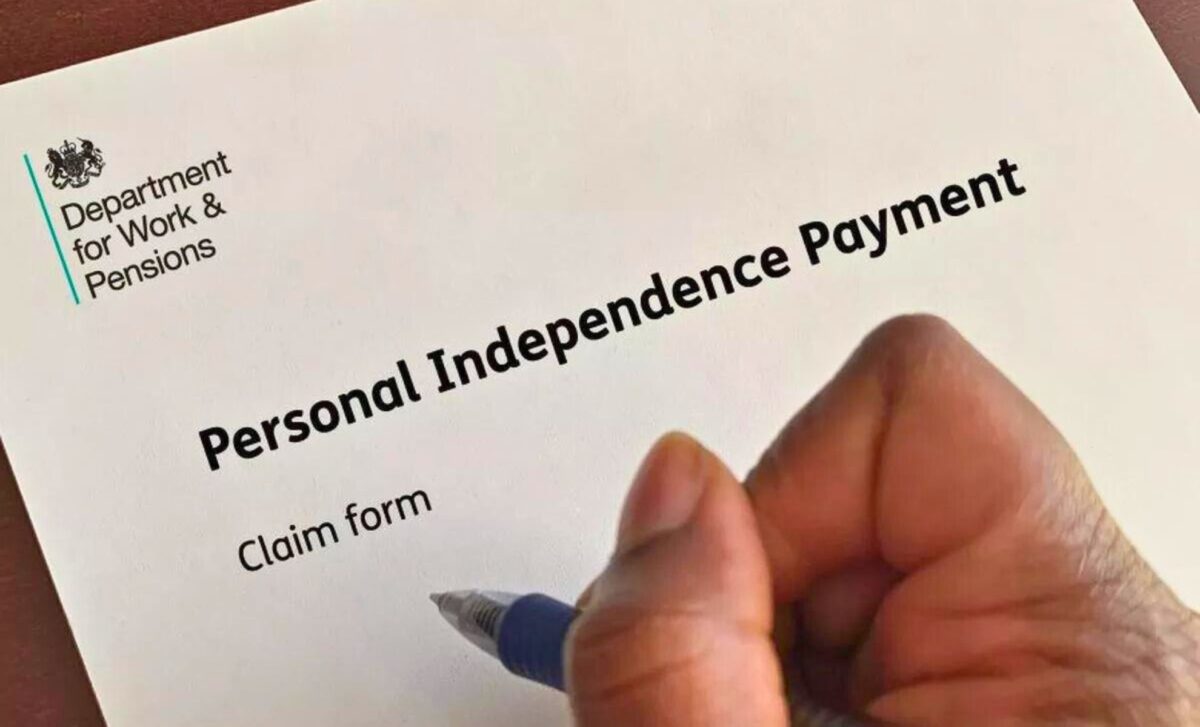More than 455,000 people have successfully appealed their Personal Independence Payment (PIP) decisions after initial rejections, shedding light on ongoing issues in the Department for Work and Pensions’ (DWP) assessment process. New data reveals that 34% of mandatory reconsiderations led to changes in awards, providing vital financial support to claimants who were initially denied assistance. However, the process remains fraught with delays and challenges, leaving many in prolonged uncertainty.
Growing Success in Overturning PIP Decisions
The data highlights persistent issues in how initial decisions on PIP claims are made, especially in assessing the daily living and mobility needs of claimants. Over 7,000 people who received zero points in their initial evaluations were later awarded enhanced benefits for either or both components after mandatory reconsiderations. These reassessments frequently involve correcting errors or addressing incomplete assessments conducted by third-party providers contracted by the DWP.
The department itself acknowledged the scale of overturned decisions. “In the five years up to July 2024, 455,000 mandatory reconsiderations led to a decision being changed,” a spokesperson confirmed. This includes 32,000 people who were initially awarded no points but later secured enhanced benefits. These figures highlight the importance of appealing decisions that seem inaccurate and raise concerns about the reliability of initial assessments.
Despite the encouraging success rates for those who appeal, experts argue that the high number of overturned decisions reflects deeper systemic issues. Critics have called for improvements in the quality of assessments to reduce the financial and emotional burden placed on claimants who are forced to navigate an often lengthy and stressful appeals process.
Financial Hardship Amplified by Lengthy Delays
While many claimants ultimately receive the support they deserve, delays in the mandatory reconsideration process have created significant challenges. Waiting times for these reviews have grown substantially, rising from an average of 37 days in December 2023 to 71 days by mid-2024. Although there has been a slight improvement to 69 days, these delays are still far from ideal. According to BirminghamLive, the extended waiting periods leave many claimants facing financial uncertainty for months.
For individuals who rely on PIP payments to meet essential needs, such as housing, utilities, or medical expenses, these delays can have devastating consequences. Advocacy groups have reported that some claimants resort to food banks or struggle to heat their homes as they wait for decisions on their appeals. The situation is particularly acute during the ongoing cost of living crisis, where financial pressures are already heightened for vulnerable households.
The DWP has assured claimants that backdated payments are issued in all cases where awards are increased following reconsideration. This means that individuals are reimbursed for the period between the original decision and the conclusion of their appeal. However, critics argue that this is little consolation for the immediate hardships claimants endure while waiting for their cases to be resolved.
DWP’s Steps to Enhance Accuracy and Reduce Delays in the Appeals Process
In response to these challenges, the DWP has pledged to improve its assessment and decision-making processes. A spokesperson stated, “We are committed to ensuring claimants receive the benefits they are entitled to and continue to learn from cases where decisions are overturned.” This involves working closely with assessment providers to enhance the accuracy and efficiency of initial evaluations, aiming to reduce the need for mandatory reconsiderations altogether.
Claimants are encouraged to request a mandatory reconsideration if they believe their initial decision is incorrect. This process requires submitting additional evidence or providing detailed explanations about how their condition affects their daily lives. While the process can be complex, experts stress its importance in securing the correct outcome. Legal and support organisations such as Citizens Advice offer guidance to help claimants navigate the system.
What Claimants Should Know About Appeals
For those dissatisfied with their PIP decision, the first step is to request a mandatory reconsideration within one month of receiving their decision letter. Claimants can do this online, by post using the CRMR1 form, or by contacting the DWP helpline at 0800 917 2222. It is crucial to gather and submit all relevant medical evidence to support the claim, as this can significantly strengthen the appeal.
If the reconsideration does not result in a satisfactory outcome, claimants can escalate their case to an independent tribunal. Although this adds further waiting time, tribunals often provide a final opportunity to rectify incorrect decisions. Organisations such as Scope and Citizens Advice can provide critical support at this stage, ensuring that claimants are well-prepared to present their case effectively.










So we’re good